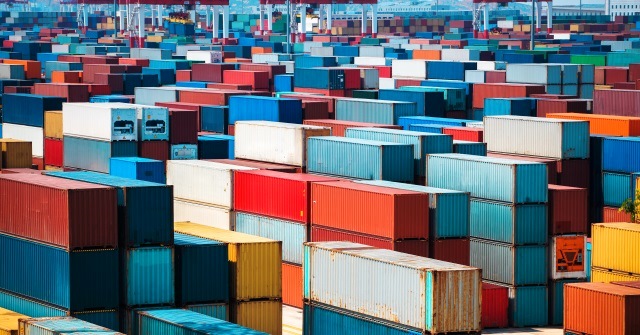Shipping goods across borders with reusable containers and tracking systems is better for the environment, consumers and companies, yet differential treatment by customs authorities can be detrimental for business, International Chamber of Commerce reported.
The international trade enhancement needs predictability, reliability and consistency, but the lack of clear guidance on how customs authorities should treat return-refill container systems risks dissuading companies from moving towards a more efficient and sustainable means of trade. In response, ICC has released a set of business recommendations on the issue calling on the World Customs Organisation to develop international guidelines on return-refill container systems in close cooperation with the private sector.
According to ICC, the volume of goods shipped globally has significantly increased in recent decades and goods moved annually by ship alone weigh more than 10 billion tonnes, or 15 times the weight of all cows on Earth. With so many goods crisscrossing the globe, an increasing number of companies have been using ‘return-refill’ packaging and container systems, where containers are shipped back to the exporter empty after delivery and reused.
Sending their goods in containers that are returned to them allow companies to use tracking and tracing systems that improve quality control, security and logistics management, by tracking location, humidity, light, temperature, pressure and shock during carriage—capabilities that are crucial for transporting sensitive products such as life-saving medical devices and treatments.
However, as ICC explains, one factor that can dissuade traders from recycling their container systems is that return-refill containers and packaging are often subject to stringent customs clearance formalities upon their empty return. While customs duties are rightly imposed on the goods in containers that enter countries, there is little international coherence on how customs should treat the returning containers that are empty except for perhaps their tracking systems.
Some customs authorities will impose duties on the empty returning containers, effectively penalising companies for adopting this more sustainable transport method. Others will ask companies to navigate through lengthy transit procedures that can cost as much in time as the customs duties themselves. Such disparate customs procedures between countries mean that companies shipping their goods in return-refill container systems cannot be certain of the fees, taxes and time their trading will entail.
Longstanding international customs conventions, such as the 1990 Istanbul Convention on Temporary Admission, provide for the temporary admission of containers imported to “facilitate carriage in connection with a commercial operation”. The 1972 Customs Container Convention covers any container above one cubic metre. Many challenges faced by companies using return-refill container systems could thus be addressed by proper implementation and compliance with international conventions and guidelines.
On this basis, ICC recommends that as long as the packaging has been used and/or will be re-used and that there is no change in ownership, return-refill systems should be allowed to cross borders without formal customs declaration, without duties, taxes and customs fees, and without the necessity of re-exportation.
Further information may be found herebelow:































































